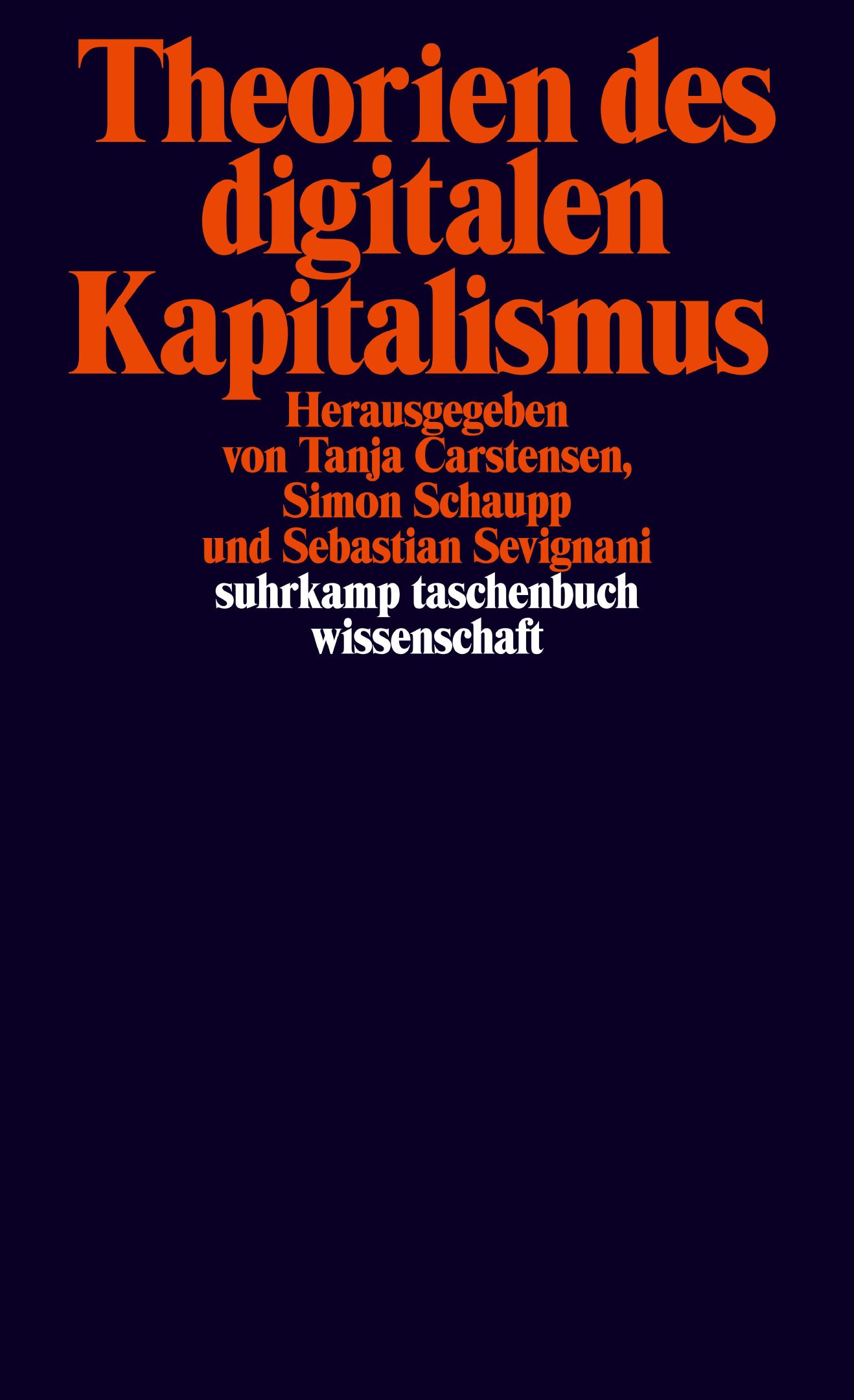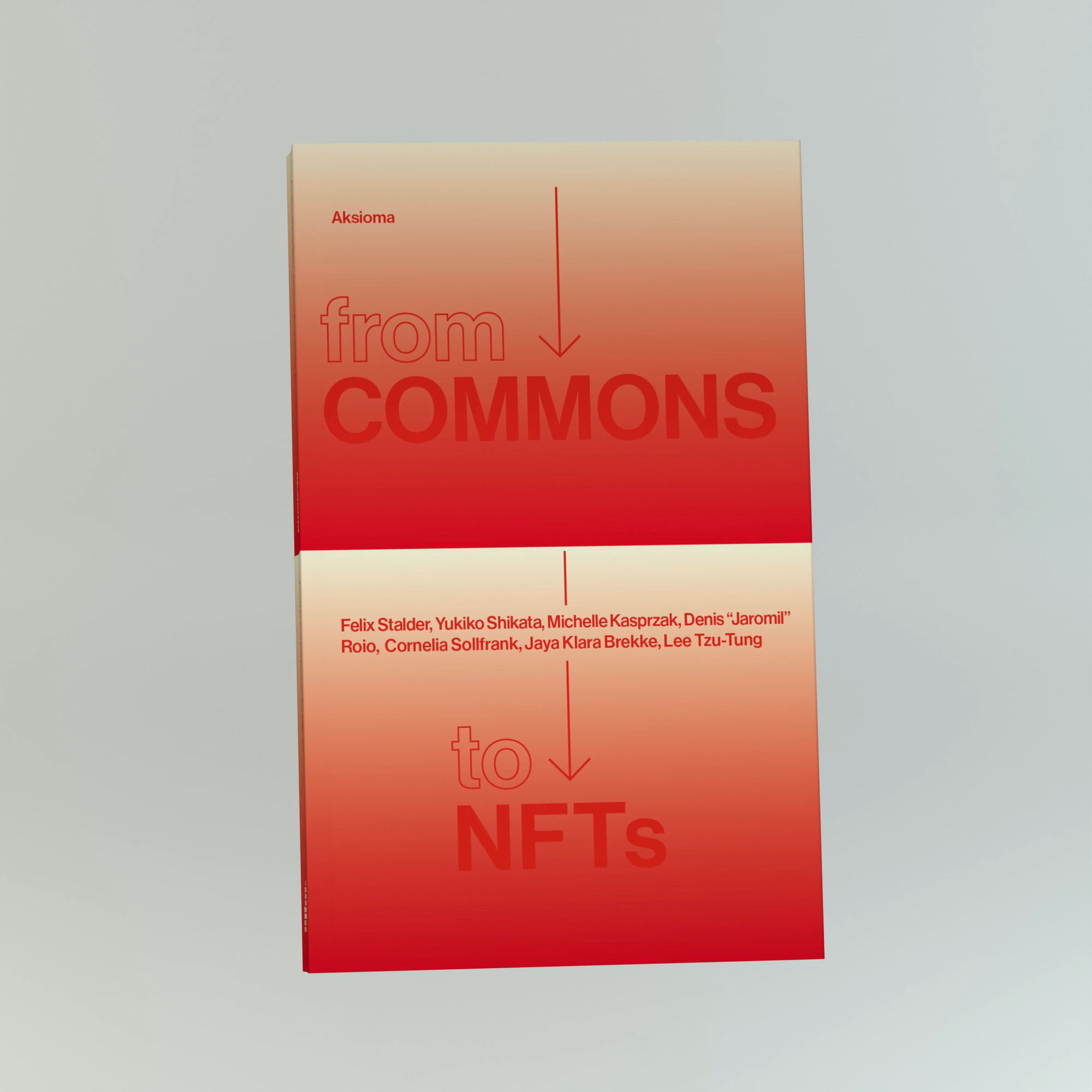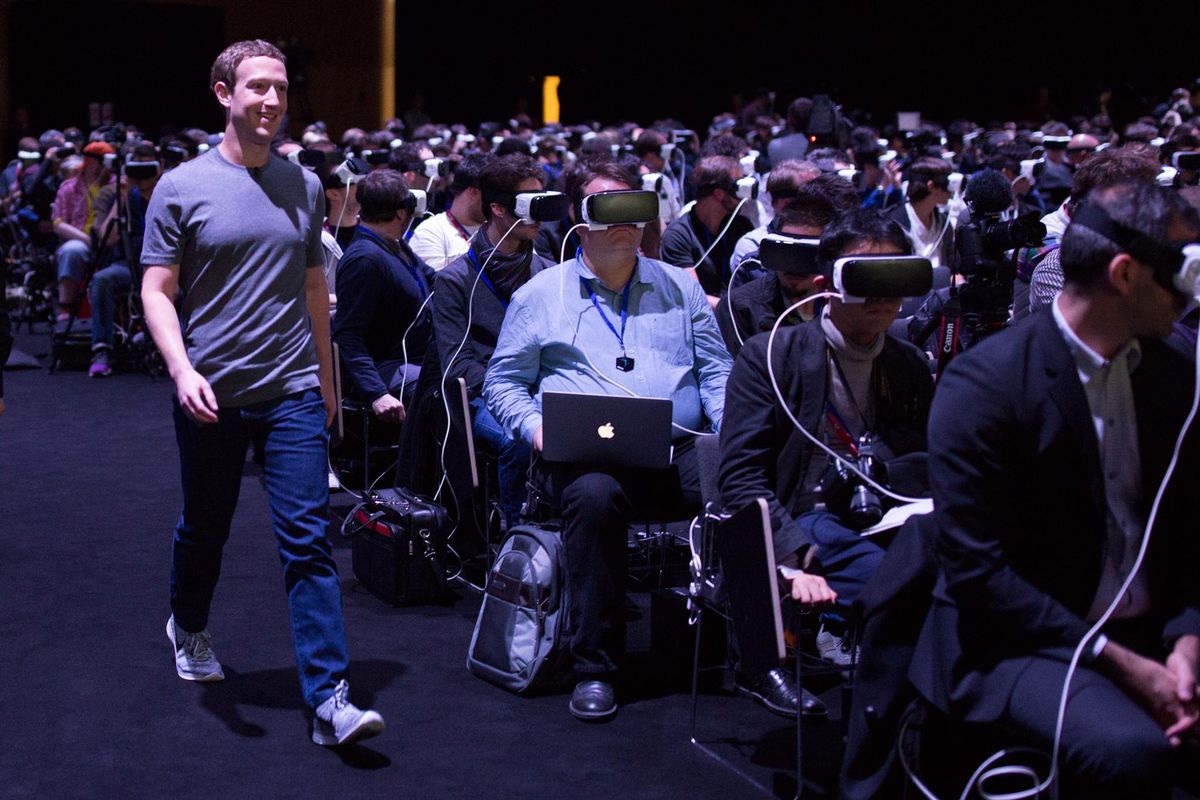Beitrag im Sammelband: Theorien des Kapitalismus
20 November, 2023 - 16:02 by felix Es freut mich sehr, dass ich einen Beitrag zu diesem Sammelband beisteuern konnte.
Es freut mich sehr, dass ich einen Beitrag zu diesem Sammelband beisteuern konnte.
Commoning als unvollständige Dekommodifizierung (s. 495-513)
Die Commons -- Gemeinschaftsgüter deren Produktion und Nutzung nicht warenförmig sondern Nutzwert-orientiert sind -- werden oft als Gegensatz oder Alternative zum digitalen Kapitalismus gesehen. Bei genauerer Betrachtung ist das Verhältnis der beiden Systeme aber deutlich ambivalenter. Denn während die Überwindung der Warenform neue Potentiale post-kapitalistischer Ökonomien konkret sichtbar macht, ist es dem digitalen Kapitalismus in der Praxis weitgehend gelungen, diese Potentiale einzuhegen und für seine Zwecke nutzbar zu machen.
So werden die Commons heute vielfach dafür eingesetzt, Güter und Dienstleistungen bereit zu stellen, die der digitale Kapitalismus selbst nicht produzieren kann. Sei das, weil zwar ein Bedarf, aber kein Markt für gewisse Güter und Dienstleistungen besteht, sei es, weil Konkurrenz und geistiges Eigentum in seiner konventionellen Form notwendige Formen der Zusammenarbeit in hoch-komplexen Teilen der Wissensökonomie behindern. Hier werden die Commons als Feld der “präkompetitiven Kooperation” von kapitalistischen Akteur:innen teilweise direkt finanziert.






















